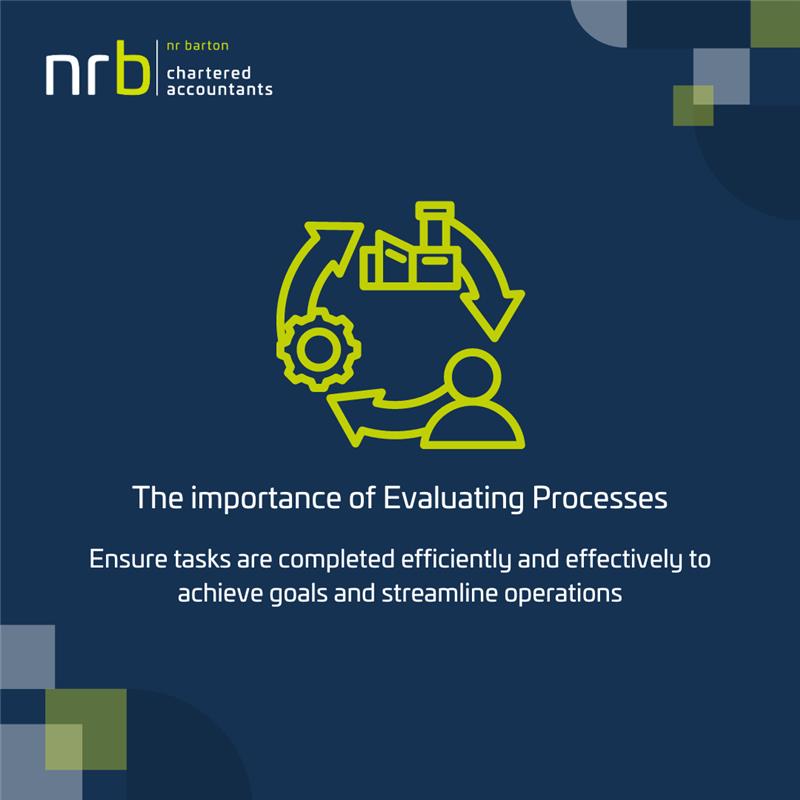
In the digital age, business processes are the backbone of organisational operations, ensuring tasks are completed efficiently and effectively. These structured sequences of digital tasks enable businesses to achieve their goals, streamline operations, and maintain competitiveness. However, it is crucial for organisations to periodically pause and scrutinise their processes. Simply taking the time to stop and say “Why?”. This introspection can lead to substantial improvements in efficiency, innovation, and overall business success.
Understanding Business Processes
A business process is a series of steps or activities designed to achieve a specific organisational goal. These steps can involve various departments, digital tools, and platforms, all working together to complete the task. Business processes can range from simple tasks, like processing an online order, to complex ones, like managing an entire supply chain using integrated software solutions. They are the blueprints that guide employees through their responsibilities, ensuring consistency and reliability in business operations.
The Dangers of Complacency
One of the significant risks in any business is the tendency to become complacent with established business processes. Over time, these processes can become so ingrained in the organisational culture that questioning their effectiveness becomes rare. However, this complacency can lead to several issues:
- Inefficiency: Business processes that were once efficient may become outdated due to technological advancements or changes in market conditions. Sticking to old methods can result in wasted time and resources.
- Reduced Innovation: Rigid adherence to established processes can stifle creativity and innovation. Employees may feel constrained by “the way things have always been done” and hesitate to suggest new ideas or improvements.
- Compliance and Risk Issues: Regulations and standards in the digital realm evolve rapidly. Processes that do not adapt to these changes can lead to non-compliance, exposing the business to legal and financial risks.
The Power of Questioning Business Processes
To combat these dangers, it is crucial for businesses to foster a culture of continuous improvement and encourage employees to question existing processes. Here are some steps to effectively evaluate and refine business processes:
- Regular Review Meetings: Schedule periodic meetings to review and assess current business processes. Involve employees from various levels to get a comprehensive understanding of how these processes impact day-to-day operations.
- Encourage Feedback: Create an environment where employees feel comfortable providing feedback on business processes. Often, those who are directly involved in the tasks have valuable insights into potential improvements.
- Benchmarking and Best Practices: Compare your business processes with industry benchmarks and best practices. This can help identify areas where your processes may be lagging behind and provide inspiration for enhancements.
- Embrace Technology: Leverage the latest technology to streamline business processes. Automation tools, project management software, and data analytics can help optimise processes, reduce manual effort, and improve accuracy.
- Pilot Testing: Before implementing changes across the board, conduct pilot tests with a smaller group. This allows you to evaluate the effectiveness of the changes and make necessary adjustments before a full rollout.
- Training and Development: Ensure that employees are well-trained on any new processes or tools. Continuous learning and development programmes can help them adapt to changes more effectively.
While processes are essential for maintaining order and efficiency in organisational operations, it is equally important to regularly question and evaluate them. By fostering a culture of continuous improvement and embracing change, businesses can ensure that their processes remain relevant, efficient, and conducive to innovation. Stopping to ask “why” can lead to significant advancements and keep the organisation competitive in an ever-evolving digital landscape.
Further Information
If you would like more information on how to improve your business processes, please contact your usual NRB advisor.
Click here to find out more about our services.





